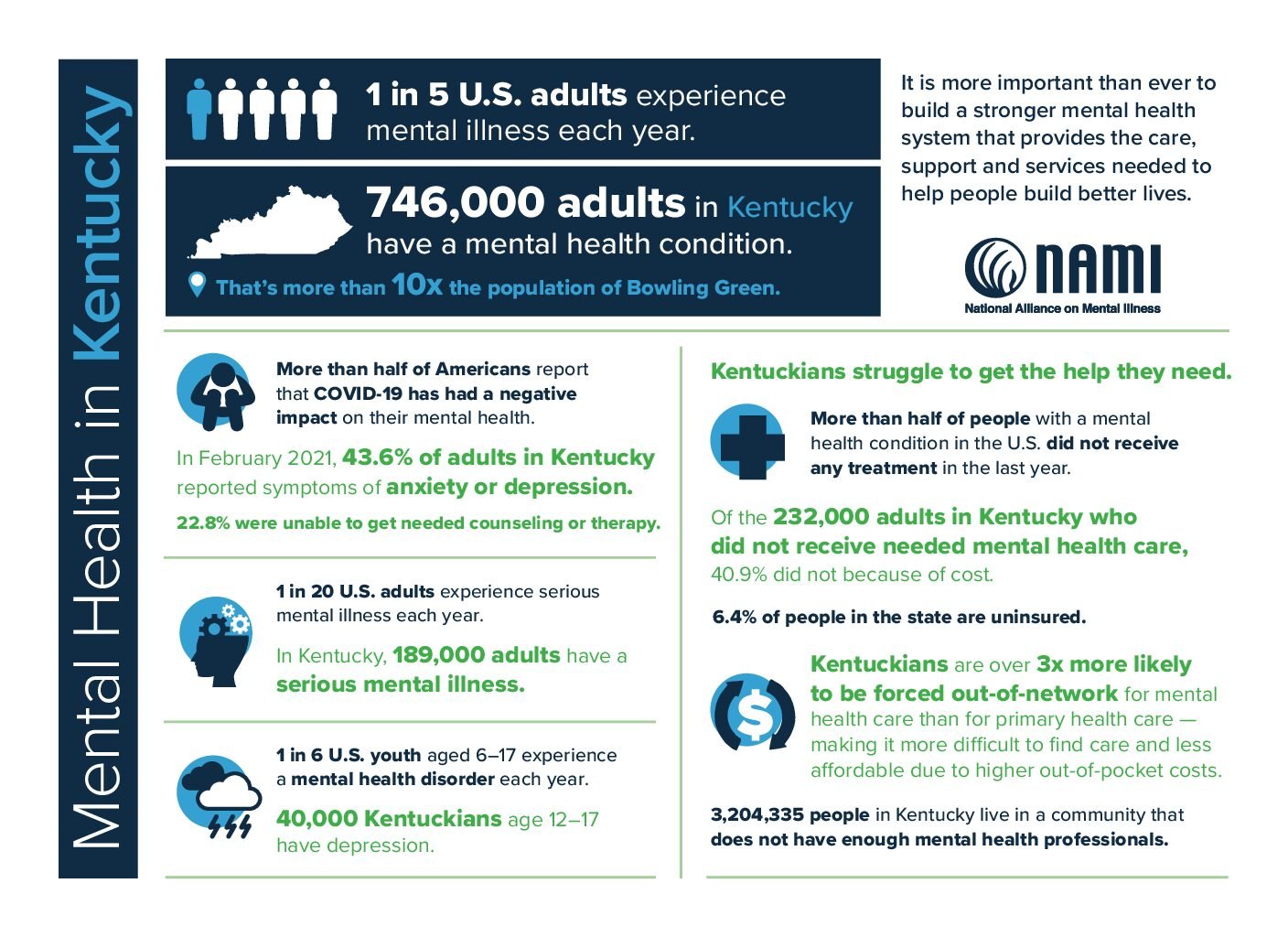Henderson County Fiscal Court members like the idea of partnering with the Habitat of Humanity of Henderson to build homes in the county, but a deal, if it comes about, is yet to be determined.
Tuesday, Matt Reynolds, Habitat’s chief operating officer, presented ideas, specifically related to Corydon and Robards. Reynolds said he has met with both Corydon Mayor Ronda Smith and Robards Mayor David Sellers, both of whom are interested in ridding blighted areas in their towns to make room for new Habitat-built homes.
“I’m all about new builds and cleaning up the city,” Smith said.
Reynolds said both cities offer opportunities for Habitat to build. He said Corydon has many lots that Habitat could build on, and sewer infrastructure is in place.
Corydon, however, has many lots that don’t have legal descriptions in the public valuation administrator’s office, which Reynolds said would require them to be surveyed and to get a legal description attached. Additionally, many lots in Corydon would require a lot of earth and tree work completed before they are ready for construction.
Robards, meanwhile, also has numerous lots that Habitat could target for construction. The difficulty in building in Robards is that homes there use septic systems, which would force an extra level of codes to get approved and installation work for Habitat.
Despite the challenges, Reynolds said homes in both areas could be constructed.
Reynolds initially thought that the Fiscal Court may partner in a plan in which Habitat donates $100,000 annually for five years with matching funds from both local governments. That plan would have dedicated $1.5 million to eradicate blight in the East End.
But after meeting with county officials, he learned they were interested in the possibility of Habitat building in the county, as well, in areas where there is also blight.
Reynolds presented a similar plan—$100,000 annually for five years—to the Fiscal Court, but said it would not be in conjunction with his initial pitch for East End work. He also mentioned an idea in which the partnership would not be subject to timeframe but instead working together one home at a time.
Judge-Executive Brad Schneider said the issue would be revisited closer to budget time, when the court would look at different options and determine what they want to fund, or if they fund.
“I think we all see the benefit,” Schneider said. “It’s just a matter of bang for the buck, and is it something that’s going to help people and can we effectively execute.”

























